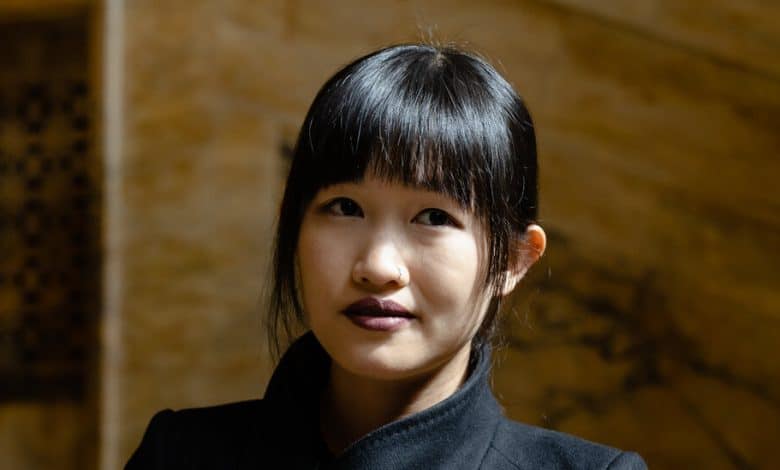Some Authors Were Left Out of Awards Held in China. Leaked Emails Show Why.

The Hugo Awards, a major literary prize for science fiction, have been engulfed in controversy over revelations that some writers may have been excluded based on their perceived criticism of China or the Chinese government.
Suspicions in the science fiction community have been building for weeks that something was amiss with last year’s awards, which rotate to a different city each year, and in 2023 were hosted in Chengdu, China. Now, newly released emails show that the awards were likely manipulated because of political concerns.
Here’s what we know.
What are the Hugo Awards?
The awards, first established in 1953, are given annually at a gathering hosted by the World Science Fiction Convention. Writers are nominated and awarded prizes by members of the World Science Fiction Society, which includes science fiction fans. Each person can nominate five works for each category. Those entries are then tallied so that the six works with the most votes become finalists. Previous winners have included luminaries like Ursula K. Le Guin, William Gibson and Philip K. Dick.
Why were writers, and fans, upset?
In January, the Hugo Awards revealed which writers had been nominated for last year’s awards, and by how many people. The information made clear that multiple authors who had enough nominations to be finalists were shut out of the process; award administrators had marked them as not eligible, without specifying a reason. Among the excluded authors were two Western writers of Chinese descent: R.F. Kuang, who is Chinese American and who was widely expected to be recognized for her novel “Babel,” a historical fantasy set in mid-1800s Oxford, and Xiran Jay Zhao, a Chinese Canadian author whose novel “Iron Widow” is a sci-fi reimagining of China’s female emperor.
“I assume this was a matter of undesirability rather than ineligibility,” Kuang posted on Instagram in January. “Excluding ‘undesirable’ work is not only embarrassing for all involved parties, but renders the entire process and organization illegitimate.”
What did the leaked emails reveal?
The exclusion of popular authors of Chinese descent led to speculation that the awards’ administrators had weeded out those whose political views might prove controversial in China. Those suspicions were confirmed recently, when emails leaked by Diane Lacey, a member of last year’s Hugo administration team, were published in a report by Chris M. Barkley, a science fiction fan and journalist, and Jason Sanford, a journalist and science fiction writer.